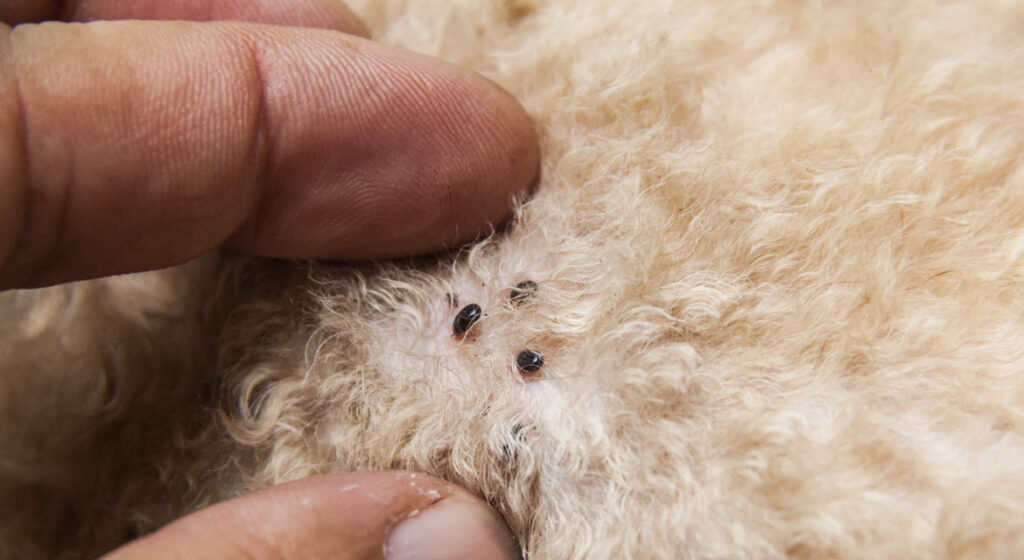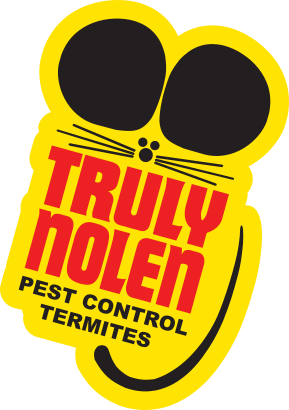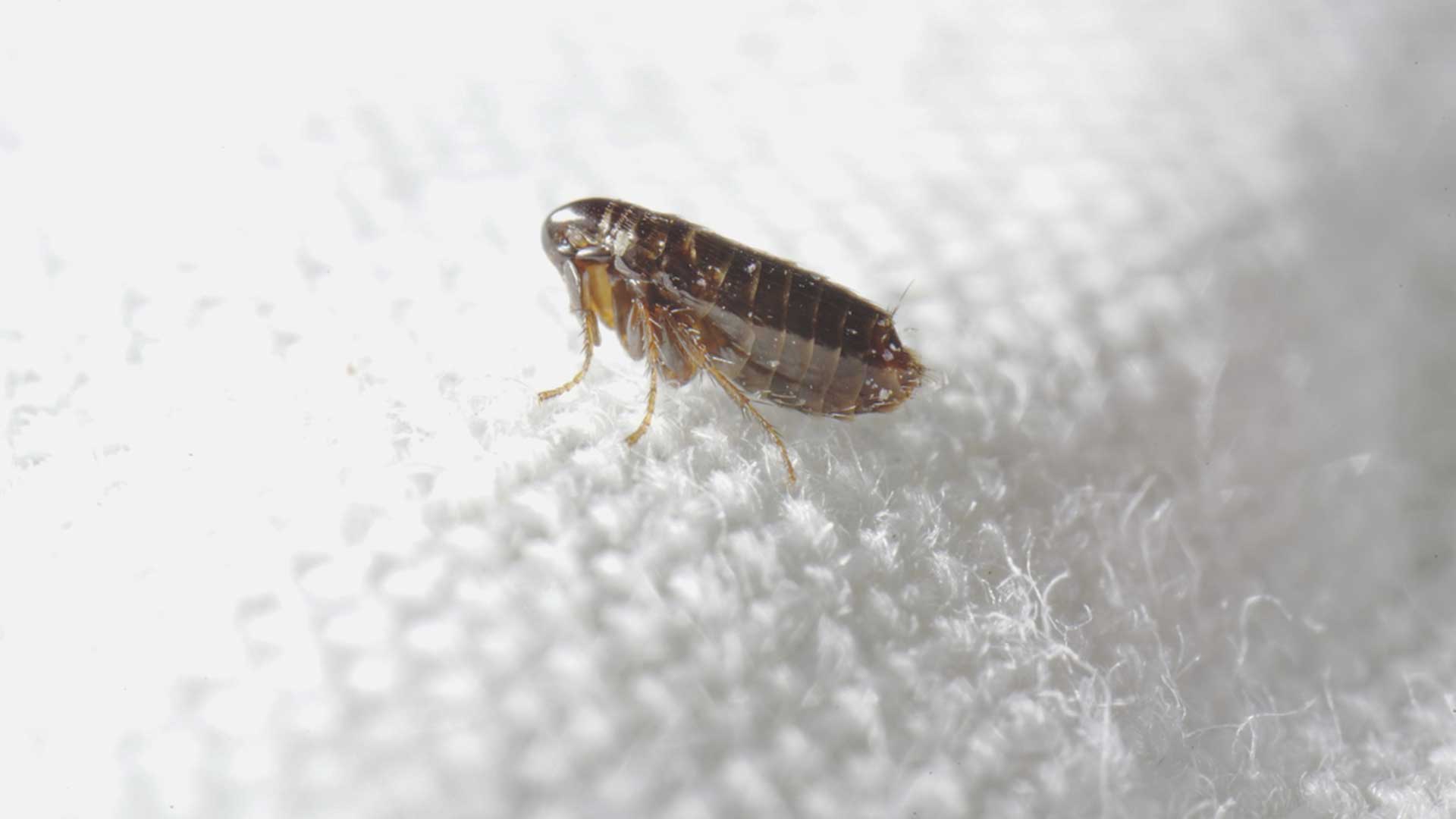
Fleas in House Without Pets: Causes and Solutions
Fleas can infest a house without pets by hitchhiking on clothing or infested items, and addressing the infestation requires thorough cleaning, vacuuming, and washing of linens. If the infestation persists, seeking professional pest control assistance is recommended for targeted and effective treatment to eliminate fleas from the house. Here are three key points to approaching the situation:
- Fleas can enter a house without pets through various means, such as hitchhiking on clothing or infested items like used furniture or rugs.
- To address a flea infestation in a house without pets, thorough cleaning, vacuuming, and washing of linens in hot water are essential.
- Seeking professional pest control assistance is advisable if the infestation persists or becomes overwhelming, as they can provide targeted and effective treatment to eradicate fleas from the house.
Flea Infestation in Pet-Free Homes
Have you ever noticed itchy red bumps on your skin and wondered if they were mosquito bites or something else? Well, what if we told you that those could be the result of a flea infestation in your pet-free home?
Yes, you read that right. Even if you don’t have pets, your home can still fall prey to these pesky parasites. How does this happen? Let’s find out.
Fleas are tiny insects that feed on the blood of mammals and birds. While they are commonly associated with cats and dogs, they can also attach themselves to other animals like rats, mice, squirrels, and even humans. These fleas can hitch a ride on unsuspecting hosts and make their way into our homes.
One common way for fleas to enter a pet-free home is through stray cats and dogs. These animals often carry fleas wherever they go and can easily drop them off in your yard or around your home. Once inside, these fleas will start laying eggs and multiplying rapidly.
Another reason why pet-free homes can still experience flea infestations is that these pests are resilient creatures that can survive for weeks without a host. This means that if pets were living in the house before you moved in, the fleas could still be lurking around waiting for their next meal.
So what should you do if you suspect a flea infestation in your pet-free home? First things first – don’t panic! There are steps you can take to eliminate these pests from your living space.
One option is to use preventative measures typically used by pet owners. You might also consider hiring professional pest control services, like our trained technicians, to help eradicate any remaining fleas.

Truly Nolen GUARANTEE
If you’re not completely satisfied, you’ll get a full refund on your most recent service with our 100% money back guarantee.

$50 Off Year Round Pest Control
Truly Nolen is a family-owned company with 85 years of experience providing the best pest control. If you’re not completely satisfied, you’ll get a full refund on your most recent service with our 100% money back guarantee.
Identifying Potential Sources of Flea Infestation in a Home without Pets
Fleas are notorious pests that can quickly infest homes and cause discomfort to humans. While pets are the most common carriers of fleas, it is possible for homes without pets to become infested with these tiny insects. Let’s explore the potential sources of flea infestation in homes without pets and how to prevent and control them.
How Can Fleas Infest a Home Without Pets?
Fleas can enter a home without pets through various means, including rodents, wildlife, or even on humans. Rodents such as rats and mice are known carriers of fleas and can easily bring them into your home. Wildlife, such as squirrels, raccoons, and opossums, can also carry fleas into your yard or home. If you have recently visited an area with flea-infested animals or environments such as a park or camping ground, you could unknowingly bring fleas into your home on your clothing or shoes.
Once inside your home, fleas can lay eggs on carpets, furniture, bedding, and other soft surfaces, where they thrive in warm and humid environments. Flea eggs hatch into larvae within two days to several weeks, depending on environmental conditions such as temperature and humidity levels. The larvae then spin cocoons around themselves before developing into adult fleas which emerge when stimulated by vibrations from movement or carbon dioxide from breathing.
What Are the Signs of Flea Infestation in Homes Without Pets?
The signs of flea infestation in homes without pets are similar to those with pets. You may notice tiny black specks resembling pepper flakes on carpets or areas where your pet would usually spend time if you had one. These specks are flea feces of digested blood from their host animal. If you see this on your carpets or furniture, it’s a clear indication that fleas are present in your home. You can confirm if it’s flea dirt by placing some on a damp paper towel; if it turns red, it’s definitely flea dirt.
You may also experience unexplained bites that appear as red bumps clustered together on your skin. These bites are usually on your ankles, feet, or legs, as fleas can jump up to seven inches high and thirteen inches horizontally. If you notice tiny insects jumping around on your skin or clothes, there’s a high chance they’re fleas. They usually jump onto humans when they can’t find any other host around them to feed on. This is an obvious sign that there’s an infestation in your home.
Flea eggs are tiny white ovals about 0.5mm long and difficult to spot with the naked eye. However, if you find them scattered around pet-free areas like bedding or clothing, it’s highly likely that there’s an infestation in your home. Fleas can lay up to 50 eggs per day, which will hatch within a few weeks if not treated. Pupae are the cocoon stage of the flea life cycle and can be found in dark areas such as attics, basements, and closets. They can stay dormant for months until they sense vibrations from movement nearby. Once hatched into adult fleas, they will start feeding on any warm-blooded animal around them, including humans.
How Long Can Fleas Survive in a Pet-Free Home?
Fleas can survive for up to 3-4 months in a pet-free home. During this time, they will continue to lay eggs and create new generations of fleas. One reason why fleas can survive for so long is because they are incredibly resilient creatures. They have strong legs that allow them to jump up several inches vertically and more than a foot horizontally. They also have hard exoskeletons that protect them from environmental hazards like pesticides.
Another reason why fleas can survive for so long is because they reproduce quickly. A single female flea can lay dozens of eggs per day! These eggs hatch into larvae within two days and then spin cocoons around themselves for protection while they develop into adult fleas. Fleas are parasites that feed on the blood of their hosts. While they prefer to feed on dogs and cats, they can also feed on humans and other animals. However, fleas can live for several months without a host animal if there is adequate food (such as organic debris) and humidity levels.
In fact, fleas will often lay dormant until a new host comes along. This is why it’s essential to prevent flea infestations even if you don’t have pets.
How Can You Prevent and Control Flea Infestations in Homes Without Pets?
Preventing and controlling flea infestations in homes without pets requires regular cleaning and maintenance of your living spaces. Here are some tips to help prevent and control flea infestations:
- Vacuum carpets, furniture, and bedding regularly to remove flea eggs, larvae, and pupae.
- Wash bedding, blankets, curtains, and other fabrics with hot water frequently.
- Seal cracks and crevices around doors, windowsills, baseboards, pipes, and other potential entry points for rodents or wildlife.
- Trim grasses and bushes around your home to reduce the likelihood of attracting wildlife that could carry fleas.
- Treat outdoor areas: If you have an outdoor area where you spend time with pets or wildlife, treat it with pesticides or natural remedies to keep fleas away.
- Use flea traps: Set up flea traps around your home to catch adult fleas before they can lay eggs.
- Use natural repellents such as cedar chips or eucalyptus oil to repel fleas.
There are reasons why these measures can work. Vacuuming is one of the most effective ways to eliminate fleas in your home. It helps remove flea eggs, larvae, and adult fleas from carpets, furniture, and other surfaces. Make sure to use a vacuum with a HEPA filter and vacuum all areas where fleas may hide, such as under furniture, along baseboards, and in corners.
After vacuuming, dispose of the vacuum bag or empty the canister outside immediately to prevent any remaining fleas from escaping back into your home. You should also wash all bedding, curtains, and other fabrics that may have come into contact with fleas in hot water. Adding borax or boric acid to the wash cycle can help kill any remaining pests. If possible, dry your fabrics in the sun, as sunlight is a natural disinfectant that can help kill fleas and their eggs.
Flea control products such as sprays or treatments can be used to kill adult fleas and prevent new ones from hatching. These products contain chemicals that are toxic to fleas but safe for humans and animals when used correctly.
When using flea control products at home, read the label carefully before applying. Follow the instructions provided by the manufacturer regarding dosage amounts and application methods. When handling these products, you should also wear protective clothing, such as gloves.
Outdoor fleas can easily find their way into your home if they can access it through an open window or door. To prevent this from happening, ensure your yard is well-maintained by trimming the grass and removing any debris, such as fallen leaves or branches.
You can also use outdoor flea control products to treat your yard and prevent fleas from breeding in the first place. These products are available in sprays or granules that can be applied directly to your lawn. Diatomaceous earth is a natural substance made from fossilized remains of tiny aquatic organisms called diatoms. It is an effective remedy for removing fleas in your home because it dehydrates and kills them. Diatomaceous earth works by penetrating the exoskeleton of the flea, causing it to dry out and die.
To use diatomaceous earth, sprinkle it in areas (indoors and out) where fleas are present. Leave the powder on for at least 48 hours before vacuuming it up or hosing it away, although it may make its own way into the soil outside, and that’s okay. Make sure you use food-grade diatomaceous earth, as the one used for pool filtration can be harmful if ingested.
If you have confirmed a flea infestation in your home without pets despite taking the preventive measures above, then you may need to give us a call. Our trained Truly Nolen pest control pros use specialized treatments such as insecticides or heat treatments to effectively eliminate fleas from your home.

$50 Off Year Round Pest Control
Truly Nolen is a family-owned company with 85 years of experience providing the best pest control. If you’re not completely satisfied, you’ll get a full refund on your most recent service with our 100% money back guarantee.
Hiring a Truly Nolen Professional to Treat Fleas in Your Home
If you’re dealing with a flea infestation in your home, you may be wondering if you should try to handle the problem yourself or hire a professional pest control company like us. While DIY methods can be adequate for minor infestations, they may not be enough for more severe cases. Here are some reasons why hiring a Truly Nolen professional pest control might be the best option:
Pest Control Companies Have Expertise and Equipment
We have the knowledge and equipment necessary to effectively treat flea infestations in your home. Our technicians are trained to identify the source of the infestation and use appropriate methods to eliminate all fleas and their eggs. This includes using insecticides that are safe for humans and animals but deadly for fleas.
DIY Flea Treatments May Not Be Effective
While many DIY flea treatments are available, they may not work as well in eliminating all fleas and their eggs. This can lead to a recurring infestation that is difficult to control. Some DIY treatments can pose health risks if not used properly.
Professional Pest Control Services Can Provide Long-Term Solutions
Trained professionals like ours can provide long-term solutions to prevent future flea infestations. We will typically inspect your home to identify potential entry points or areas where fleas could thrive and then develop a treatment plan tailored specifically to your home’s needs.
Hiring a Pest Control Company Can Save You Time and Money
While hiring a pest control company may seem like an expensive option upfront, it can actually save you time and money in the long run. A professional can quickly and efficiently eliminate all fleas from your home, preventing further damage or potential health risks associated with an ongoing infestation.
Final Thoughts on Flea Prevention and Elimination
While it may seem counterintuitive to have a flea infestation in a pet-free home, it’s important to remember that fleas can find their way inside through various means. Whether it’s hitching a ride on your clothing, entering through open windows and doors, or even being brought in by other animals like rodents or stray cats, fleas are resourceful pests that can thrive in any environment.
Eliminating a flea infestation in a pet-free home requires a comprehensive approach, and prevention is key to avoiding future infestations. Regularly inspect your home for signs of fleas, such as bites on yourself or family members, tiny dark specks (flea dirt) on surfaces, or even seeing the fleas themselves. If your efforts to eliminate fleas in a pet-free home prove unsuccessful, consulting one of our Truly Nolen pest control professionals may be beneficial. We have the expertise and specialized treatments to tackle persistent infestations effectively.
By following these strategies and staying vigilant, you can successfully eliminate fleas from your pet-free home and ensure a comfortable, pest-free living environment for you and your family. Remember, prevention is the best defense against fleas, so continue implementing preventative measures even after the infestation is resolved. Stay proactive, and enjoy a flea-free home.

$50 Off Year Round Pest Control
Truly Nolen is a family-owned company with 85 years of experience providing the best pest control. If you’re not completely satisfied, you’ll get a full refund on your most recent service with our 100% money back guarantee.
Frequently Asked Questions
Can fleas infest my home even if I don’t have pets?
Yes, fleas can infest homes even if there are no pets present. Fleas can hitch a ride on clothing, shoes, or other animals, and they can also be brought inside on infested items such as rugs or furniture. Learn more about fleas
How do I know if I have a flea infestation?
Signs of a flea infestation include flea bites on humans or pets, seeing live fleas jumping or crawling on surfaces, finding flea dirt (small black specks) on bedding or pet fur, and pets exhibiting excessive scratching or discomfort.
Are fleas harmful to humans?
While fleas primarily target animals, they can still bite and irritate humans. Flea bites can cause itching, redness, and in some cases, an allergic reaction. Fleas can also transmit diseases such as murine typhus and Bartonella (cat scratch disease).
How long does it take to eliminate a flea infestation?
The time required to eliminate a flea infestation varies depending on the severity and treatment methods used. It typically involves multiple treatments over a few weeks to ensure the elimination of fleas at all life stages, including eggs, larvae, pupae, and adult fleas.
Can I get rid of fleas on my own, or do I need professional help?
While there are DIY methods available, severe or persistent flea infestations often require professional assistance. Pest control professionals have the expertise and specialized treatments to effectively eliminate fleas, address hidden infestation areas, and provide guidance on preventing future infestations. Learn More!

